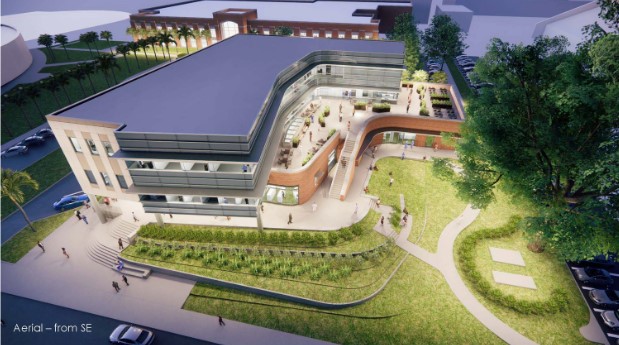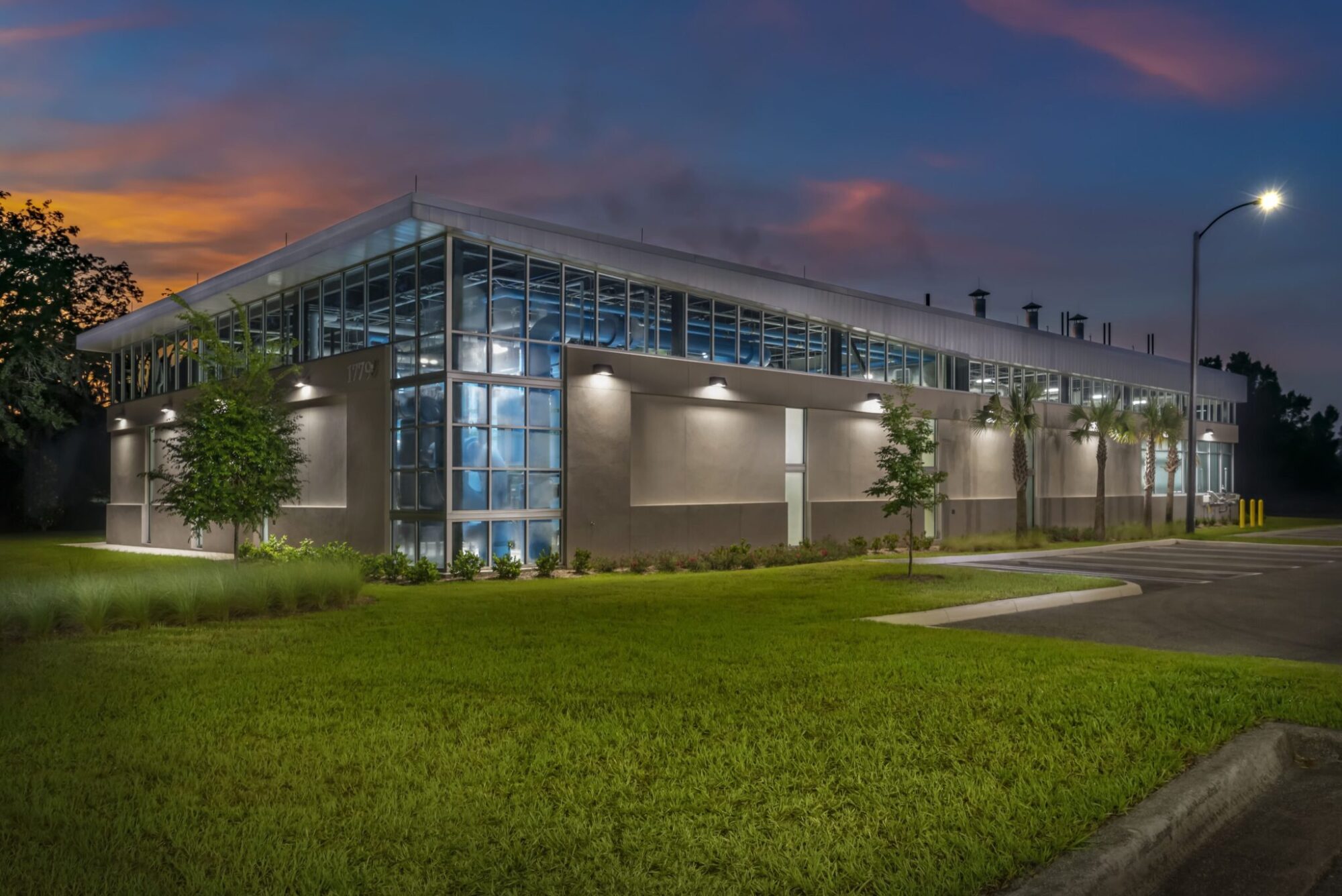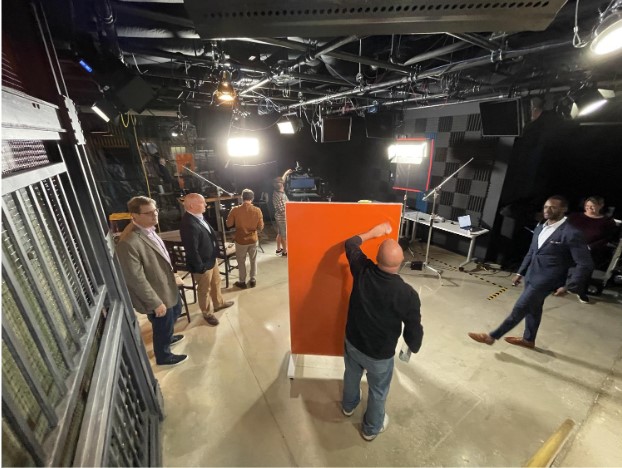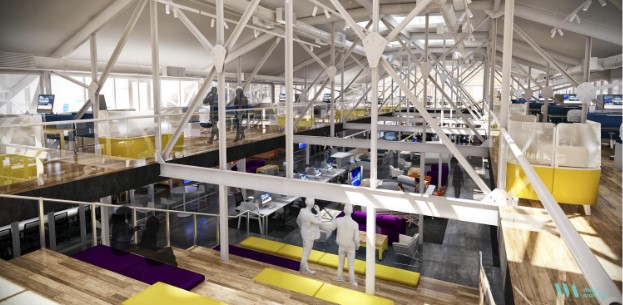Agile Design & Sustainable Architecture
Happy Earth Day! At Walker Architects, we are excited to celebrate this day by sharing our commitment to sustainable design and how it aligns with our focus on people and the planet. Our Agile Design approach emphasizes flexibility, well-being, accessibility, and environmental impact, allowing us to create buildings that can serve multiple uses and remain adaptive over many decades. As we celebrate Earth Day, we’d like to share our enthusiasm toward the importance of sustainable design, our Agile Design approach, and how it all comes together to build a better future for all.
Building for the Future: The Importance of Sustainability
As architects, we have the ability to shape the world we live in through our designs, and on this Earth Day, we are reminded of the important role we play in sustainability. While global challenges such as climate change and resource depletion require us to think critically about our impact on the environment, we also believe that sustainability and beauty can co-exist in our designs. By designing buildings that promote sustainability, we can reduce the need for demolition and new construction, leading to a decrease in carbon footprint and a healthier planet. We firmly believe that designing for sustainability is essential to building a better future for all.
Agile Design: A Focus on Flexibility, Well-being, Accessibility, and Environmental Impact
At the core of our design philosophy is Agile Design, which emphasizes flexibility, well-being, accessibility, and environmental impact. By incorporating elements such as natural lighting, healthy indoor air quality, and flexible spaces, we can create buildings that promote well-being and sustainability. In addition, we carefully consider the environmental impact of our designs, using sustainable materials and energy-efficient systems to reduce the carbon footprint of our buildings.
The Student Healthcare Center at the University of Florida: A Case Study in Agile Design
A perfect example of our Agile Design approach in action is the Student Healthcare Center at the University of Florida, opening this summer! By thinking carefully through the design of the structural support system at the outset, our team is creating a building that will allow UF to adapt to future expansion with ease, by adding stories rather than expanding the footprint. This approach not only supports the University's needs but also promotes sustainability by reducing the amount of new construction needed and maintaining the green space on site.
Student Healthcare Center is also pursuing WELL certification. WELL is a building certification that advances human health and well-being through concepts such as biophilia, ergonomics, healthy water, air, and materials, and providing flexible and inspirational spaces to optimize user experience and productivity.

The Student Healthcare Center at the University of Florida, opening summer 2023
Adaptive Reuse: A Sustainable Strategy for Preserving History and Reducing Waste
Another sustainable strategy that we are passionate about is adaptive reuse. Rather than demolishing an existing structure, we take an approach that preserves the history and character of the building and repurposes it for a new use. This not only reduces waste and minimizes the carbon footprint associated with new construction, but also breathes new life into historical structures, providing accessible spaces for people to live, work, and play. Adaptive reuse is an essential aspect of sustainable design and we’re proud to incorporate it into our projects when possible.
Designing for People and the Planet
Designing for sustainability goes hand in hand with designing for people's needs and well-being. By creating buildings that are adaptable, accessible, and energy-efficient, we can promote a healthier planet and support the needs and well-being of all who enter the space.
Conclusion
As we celebrate Earth Day, let's remember the importance of sustainable design and how it can positively impact both people and the planet. At Walker Architects, we are committed to designing buildings that promote sustainability and meet people's needs. Through Agile Design strategies, we can create buildings that are not only functional and beautiful but also promote sustainability and reduce waste. Let's work together to build a more sustainable future that is accessible to all!

 Adaptive Reuse: Pro.tv’s headquarters now houses studios for filming IT Training courses and other high-quality productions.
Adaptive Reuse: Pro.tv’s headquarters now houses studios for filming IT Training courses and other high-quality productions. A conceptual rendering of an Agile workplace, adapted from a former auto repair garage.
A conceptual rendering of an Agile workplace, adapted from a former auto repair garage.
No comments.